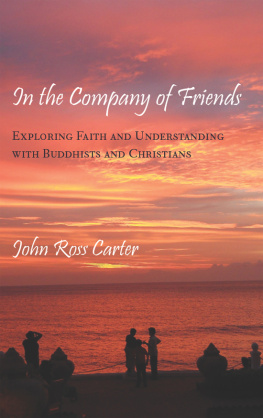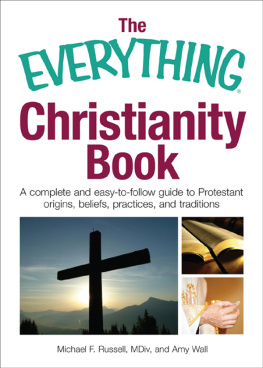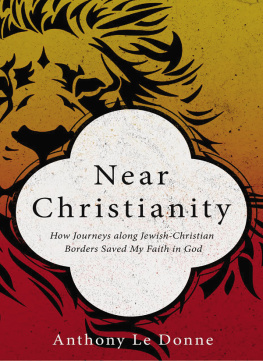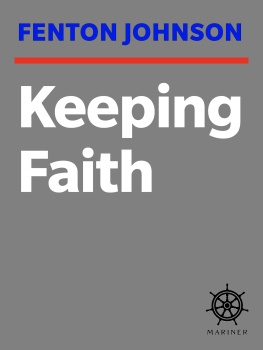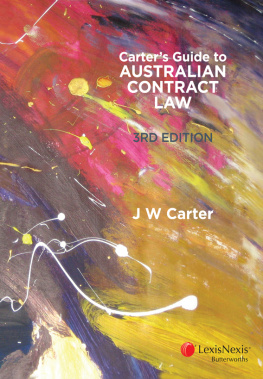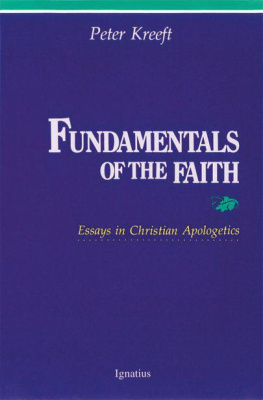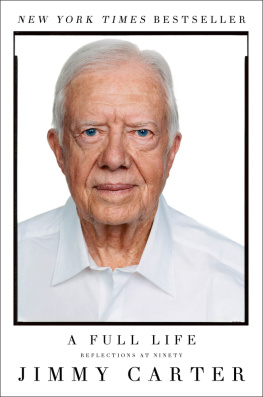John Ross Carter - In the Company of Friends: Exploring Faith and Understanding With Buddhists and Christians
Here you can read online John Ross Carter - In the Company of Friends: Exploring Faith and Understanding With Buddhists and Christians full text of the book (entire story) in english for free. Download pdf and epub, get meaning, cover and reviews about this ebook. City: Albany, year: 2012, publisher: State University of New York Press, genre: Religion. Description of the work, (preface) as well as reviews are available. Best literature library LitArk.com created for fans of good reading and offers a wide selection of genres:
Romance novel
Science fiction
Adventure
Detective
Science
History
Home and family
Prose
Art
Politics
Computer
Non-fiction
Religion
Business
Children
Humor
Choose a favorite category and find really read worthwhile books. Enjoy immersion in the world of imagination, feel the emotions of the characters or learn something new for yourself, make an fascinating discovery.
- Book:In the Company of Friends: Exploring Faith and Understanding With Buddhists and Christians
- Author:
- Publisher:State University of New York Press
- Genre:
- Year:2012
- City:Albany
- Rating:5 / 5
- Favourites:Add to favourites
- Your mark:
In the Company of Friends: Exploring Faith and Understanding With Buddhists and Christians: summary, description and annotation
We offer to read an annotation, description, summary or preface (depends on what the author of the book "In the Company of Friends: Exploring Faith and Understanding With Buddhists and Christians" wrote himself). If you haven't found the necessary information about the book — write in the comments, we will try to find it.
In this work of Buddhist-Christian reflection, John Ross Carter explores two basic aspects of human religiousness: faith and the activity of understanding. Carters perspective is unique, putting people and their experiences at the center of inquiry into religiousness. His model and method grows out of friendship, challenging the so-called objective approach to the study of religion that privileges patterns, concepts, and abstraction.
Carter considers the traditions he knows best, the Protestant Christianity he was born into and the Theravda and Jdo Shinsh (Pure Land) traditions of the Sri Lankan and Japanese friends among whom he has lived, studied, and worked. His rich, wide-ranging accounts of religious experience include discussions of transcendence, reason, savega, shinjin, the inconceivable, and whether lives oriented toward faith will survive in a global context with increased pressures for individualism and secularism. Ultimately, Carter proposes that the endeavor of interreligious understanding is itself a religious quest.
This book is valuable for collections that emphasize theology, philosophy, or interfaith movements. CHOICE
In the Company of Friends is groundbreaking. It brilliantly critiques current assumptions operative in the academic study of religions, theologies of religions, and interreligious dialogue and painstakingly sketches a new direction for learning inter-religiously. It will become a lightning rod of intense scholarly discussion and creative re-imagining in many fields related to religion and theology in the academy in coming years. John J. Makransky, author of Buddhahood Embodied: Sources of Controversy in India and Tibet
This book is a distinctive contribution in the field of Interreligious Dialogue Studies, specifically Buddhist-Christian dialogue, coming from more than three decades of scholarship and experience of the author. The fact that it is a testimony of an accomplished scholar and revered teacher, engaged in interreligious dialogue, giving not only detached accounts of ideas, but more relevantly, his personal engagement with the themes and issues discussed, makes the book an attractive read for those interested in the field. Ruben L. F. Habito, author of Healing Breath: Zen for Christians and Buddhists in a Wounded World
John Ross Carter: author's other books
Who wrote In the Company of Friends: Exploring Faith and Understanding With Buddhists and Christians? Find out the surname, the name of the author of the book and a list of all author's works by series.

